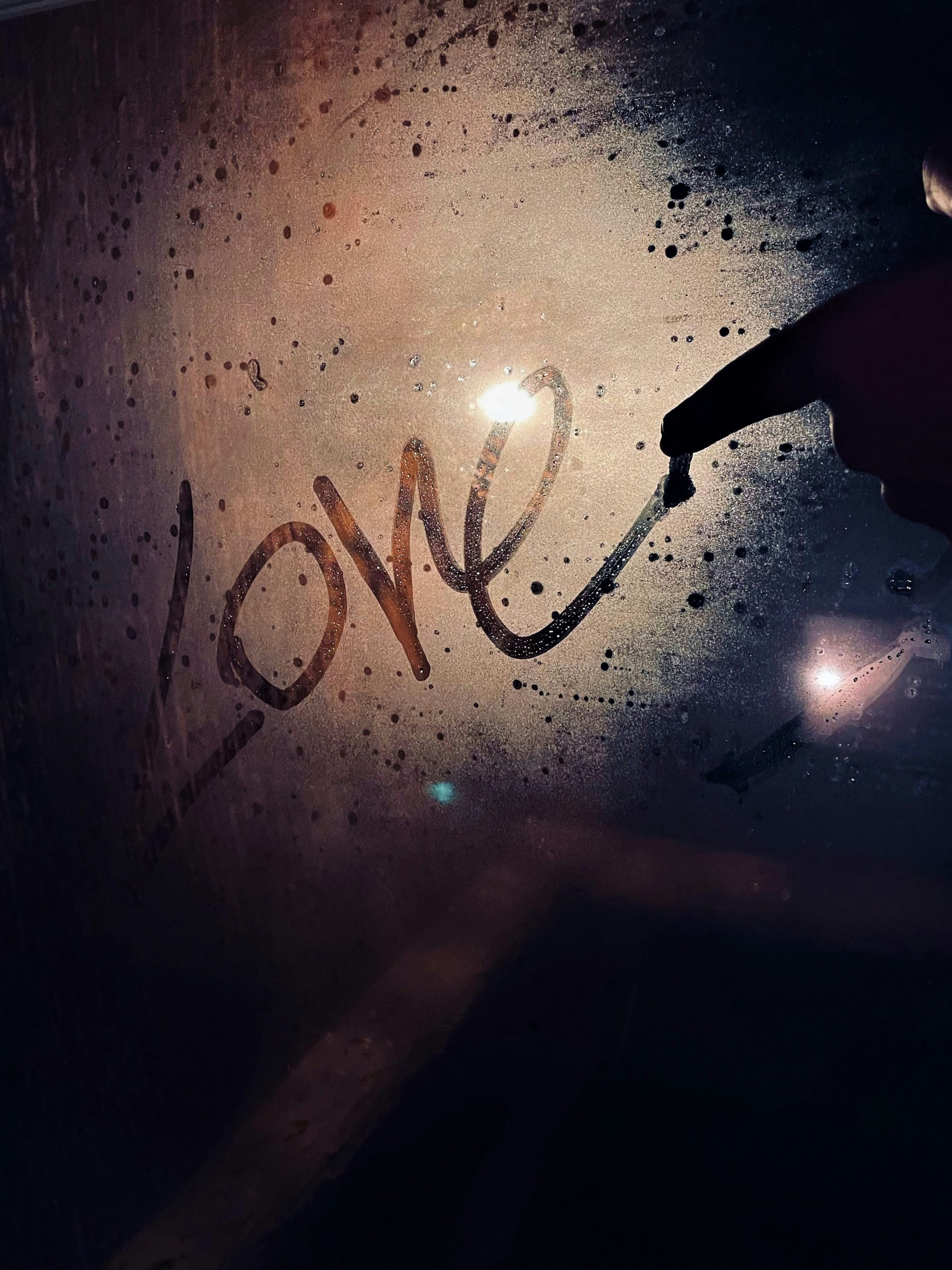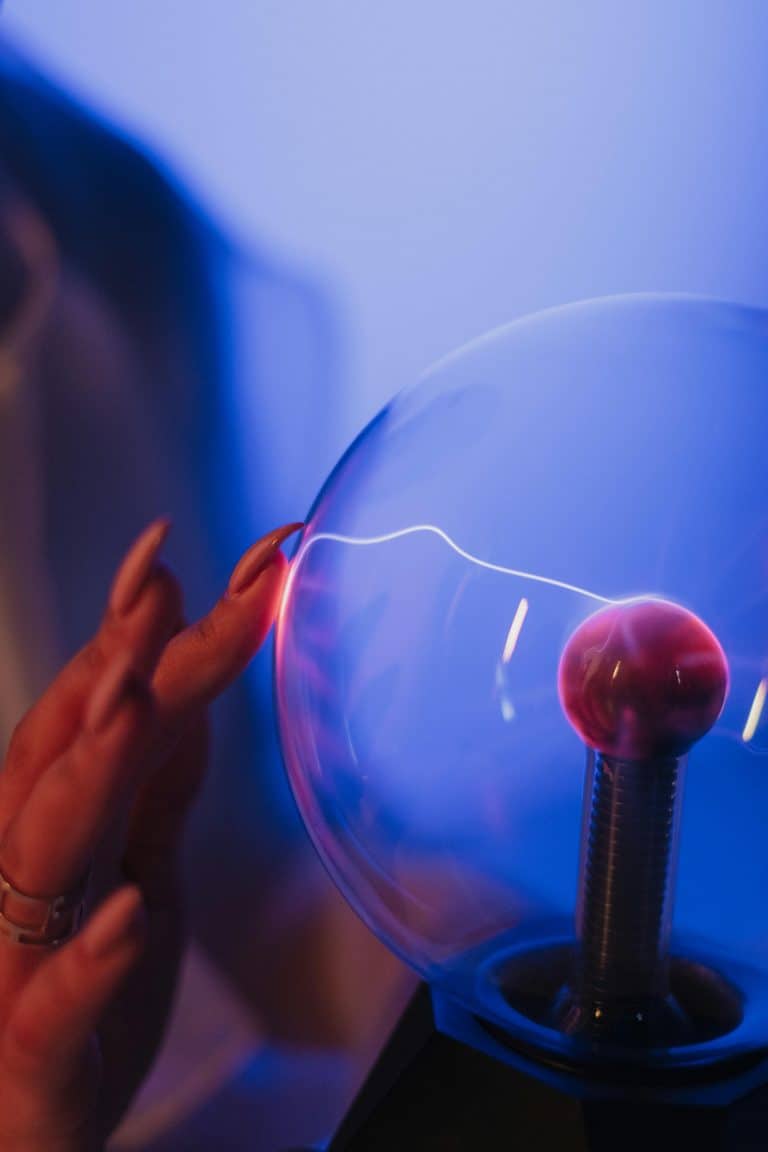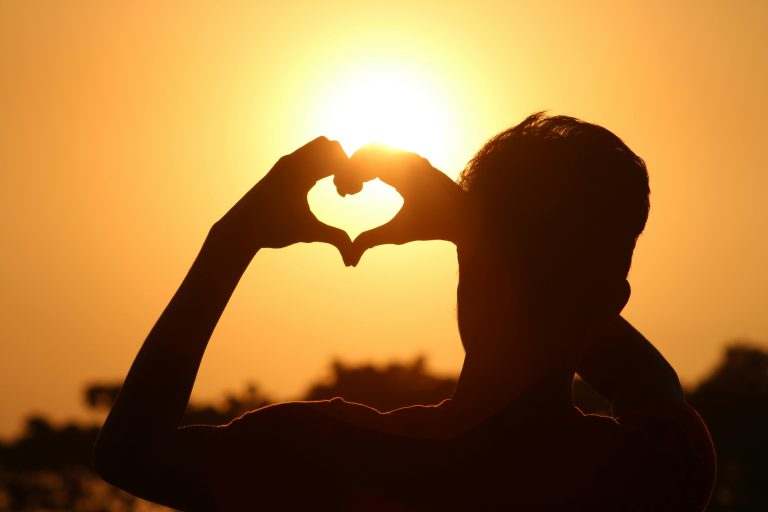Embracing Differences in Loving
Love is a multifaceted journey that extends beyond mere feelings, inviting us to embrace differences in loving and understand it as an action. In a world where emotions can be fleeting, recognizing love as a deliberate choice enriches our relationships and fosters deeper connections.
By understanding love languages, we can appreciate the unique ways people express affection and learn how to love without expectations, safeguarding ourselves from potential hurt. For many, experiencing unconditional love for the first time can be daunting, yet it opens the door to genuine bonds that nurture and uplift.
Let’s explore how to cherish those who already love us and cultivate a more inclusive, supportive approach to relationships.
Love as an Action
Love isn’t just a warm, fuzzy feeling—it’s a choice we make every day. Let’s explore how viewing love as an action can transform our relationships and lead to deeper, more meaningful connections.
Feelings vs. Actions in Love
Love is often portrayed as a whirlwind of emotions, but it’s so much more than that. It’s about showing up, even when the butterflies have settled.
When we rely solely on feelings, our love can be as unpredictable as the weather. But when we choose to act lovingly, regardless of our mood, we build a foundation of trust and stability.
Think about it—have you ever done something kind for your partner even when you weren’t feeling particularly lovey-dovey? That’s love as an action in play.
Remember, feelings are important, but actions speak louder. It’s the daily acts of kindness, support, and understanding that truly nurture a relationship.
How to Love Without Expectations
Loving without expectations might sound counterintuitive, but it’s a game-changer. It’s about giving love freely, without keeping score or demanding anything in return.
Start by recognizing your own expectations. Are you loving to get something back? Or are you loving simply because that’s who you want to be?
Here are some steps to practice expectation-free love:
-
Give compliments without fishing for them in return.
-
Do acts of service without announcing them.
-
Offer support without conditions.
Remember, this doesn’t mean being a doormat. It’s about choosing to love from a place of abundance rather than scarcity. When we love without expectations, we free ourselves and our partners from unnecessary pressure.
As Healthline points out, unconditional love involves “caring about the happiness of another person without any thought for what we might get for ourselves.”
Differences in Loving
Just as we all have unique personalities, we also have unique ways of expressing and receiving love. Understanding these differences can help us navigate relationships with greater empathy and effectiveness.
Understanding Love Languages
Ever felt like you and your partner are speaking different languages when it comes to love? Well, you might be! The Five Love Languages, a concept developed by Dr. Gary Chapman, suggests that we all have preferred ways of giving and receiving love.
These love languages are:
-
Words of Affirmation
-
Acts of Service
-
Receiving Gifts
-
Quality Time
-
Physical Touch
Understanding your own love language and that of your partner can be a game-changer. It’s like finding the right key to unlock deeper connection and appreciation.
For example, if your love language is Acts of Service, you might feel most loved when your partner does the dishes. But if their love language is Words of Affirmation, they might be waiting for you to tell them how much you appreciate them.
Embracing Unconditional Love
Unconditional love is the holy grail of relationships. It’s loving someone for who they are, not for what they can do for you. But let’s be real—it’s not always easy.
Embracing the Unexpected offers valuable insights into cultivating unconditional love:
-
Practice acceptance
-
Let go of judgment
-
Cultivate empathy
-
Communicate openly
-
Set healthy boundaries
Remember, unconditional love doesn’t mean tolerating abuse or disrespect. It’s about loving the essence of a person while still maintaining your own well-being.
Unconditional love can be scary, especially if you’ve never experienced it before. But it’s also incredibly freeing. It allows both you and your loved ones to be authentically yourselves.
Appreciating Existing Love
Sometimes, we’re so busy looking for love that we forget to appreciate the love that’s already in our lives. Let’s shift our focus and learn to cherish the relationships we have.
Recognizing Unconditional Love
Unconditional love often hides in plain sight. It’s in the friend who listens without judgment, the parent who supports your dreams, or the partner who stands by you through thick and thin.
Here are some signs of unconditional love:
-
They accept you as you are
-
They support your growth and independence
-
They’re there for you in good times and bad
-
They forgive your mistakes
-
They respect your boundaries
Recognizing unconditional love in your life can be a profound experience. It’s like suddenly noticing a beautiful view you’ve passed by every day without really seeing.
Take a moment to reflect on your relationships. Who loves you unconditionally? How do they show it? Acknowledging this love can fill you with gratitude and strengthen your bonds.
Valuing Present Relationships
In our quest for ‘perfect’ love, we often overlook the beautiful, imperfect love that’s right in front of us. It’s time to shift our focus and appreciate what we have.
Start by listing the positive aspects of your current relationships. What do you love about your friends, family, or partner? What unique qualities do they bring to your life?
Here are some ways to show appreciation:
-
Express gratitude regularly
-
Spend quality time together
-
Show interest in their passions
-
Be there for them during tough times
-
Celebrate their successes
Final Thoughts
Remember, as this article points out, love isn’t just about grand gestures. It’s in the small, everyday moments of connection and care.
By valuing our present relationships, we create a nurturing environment where love can flourish. And who knows? The love you’re looking for might have been there all along.






